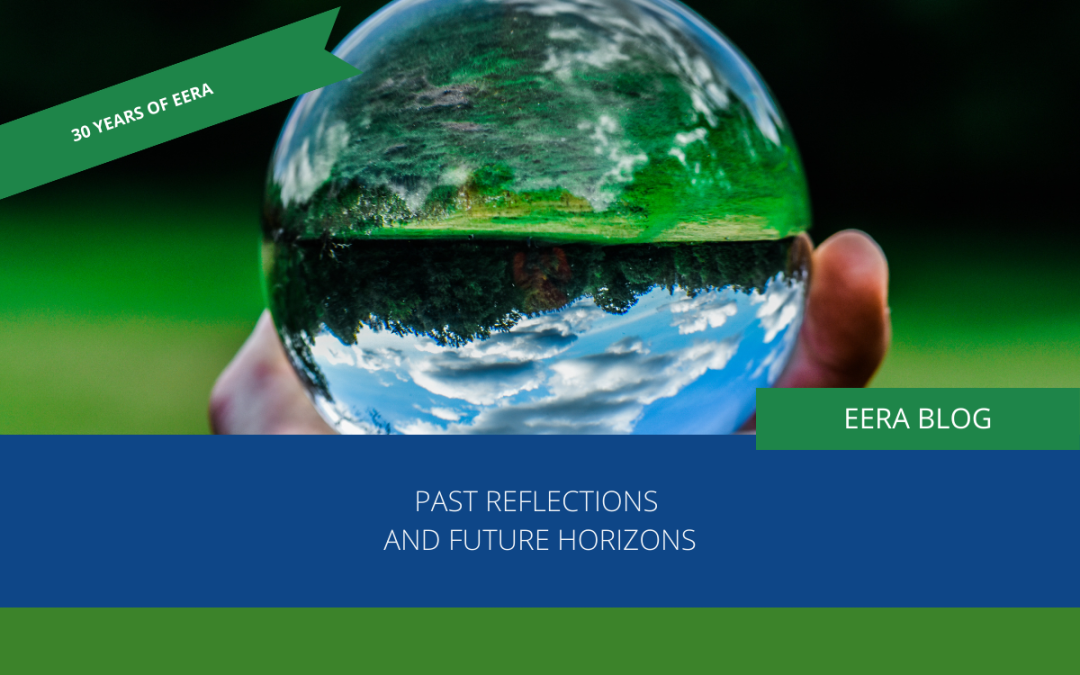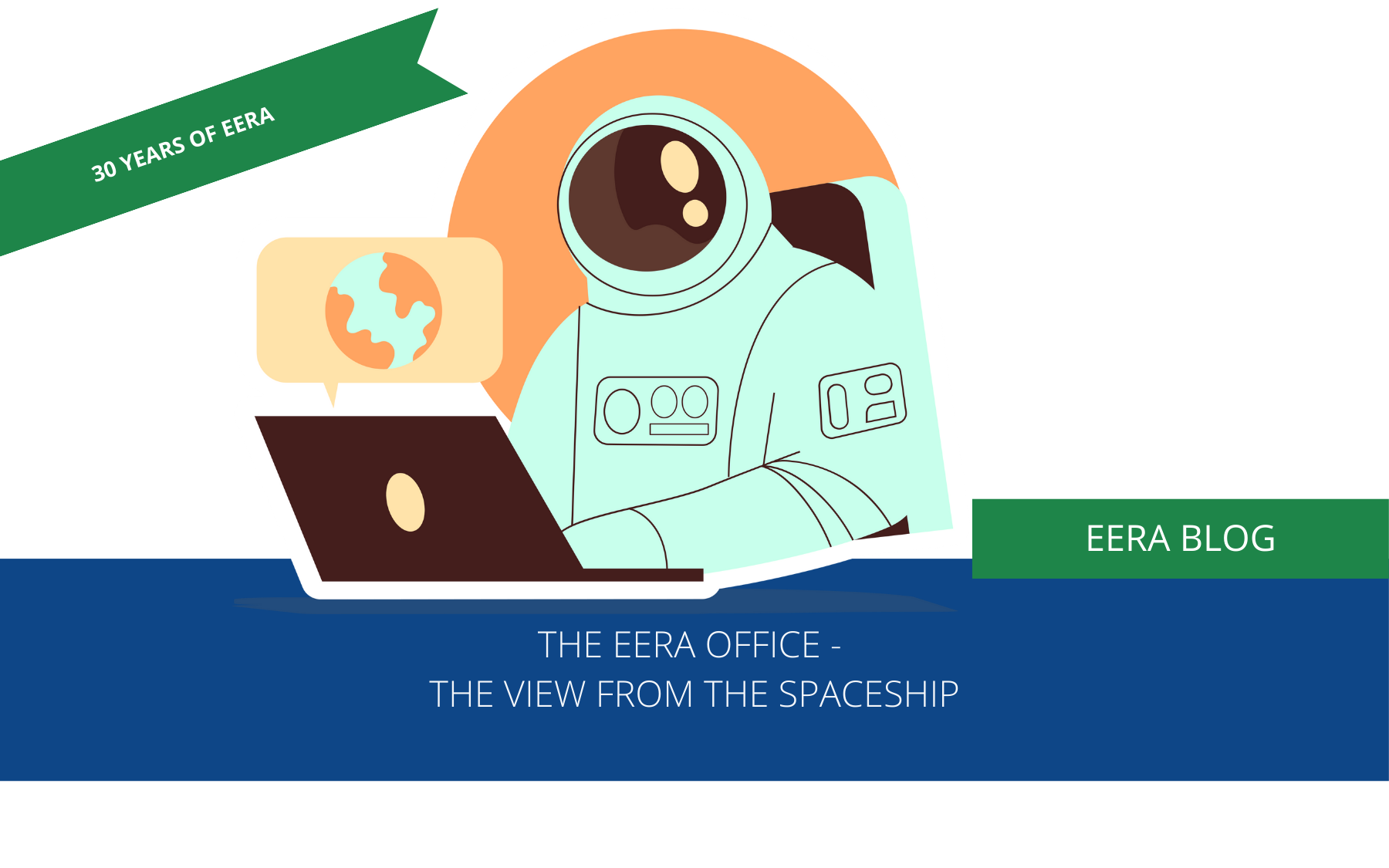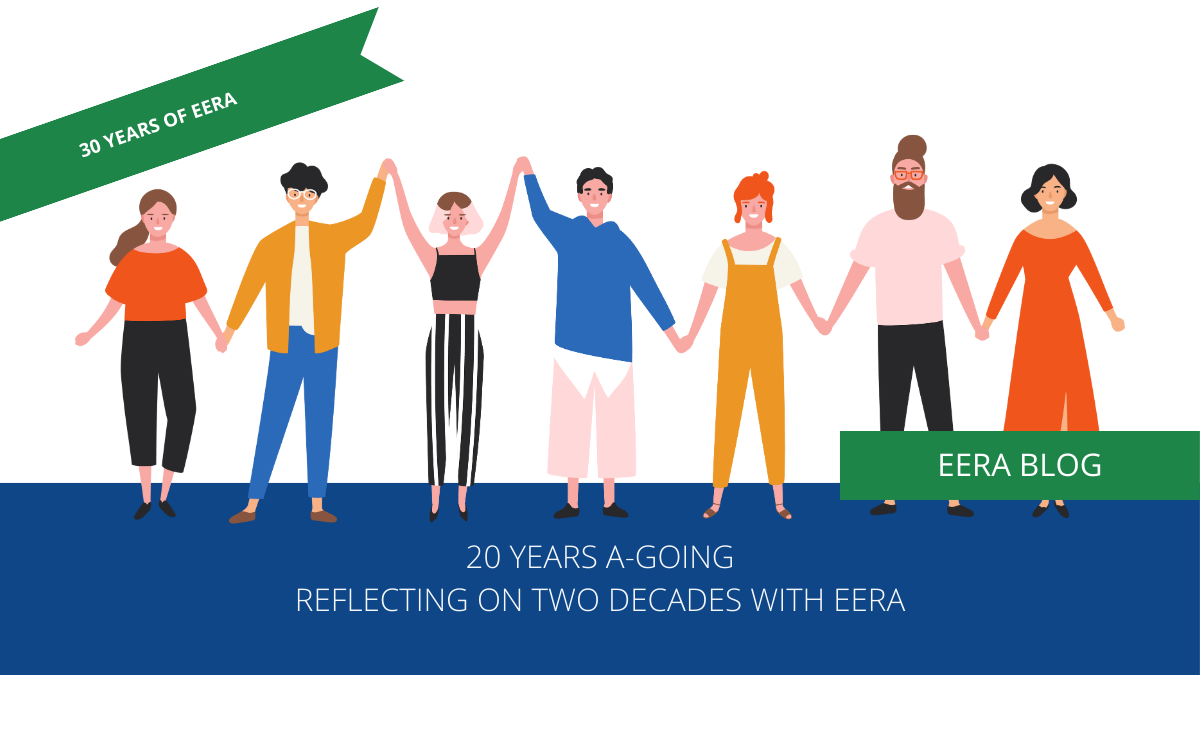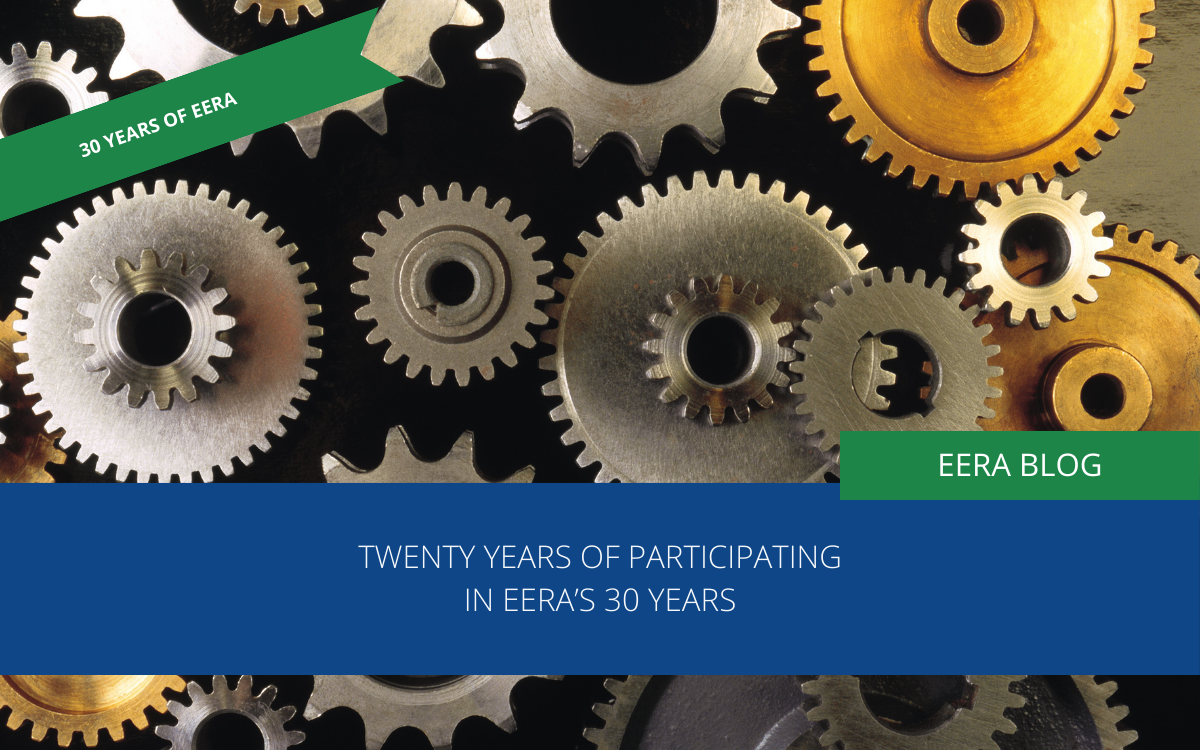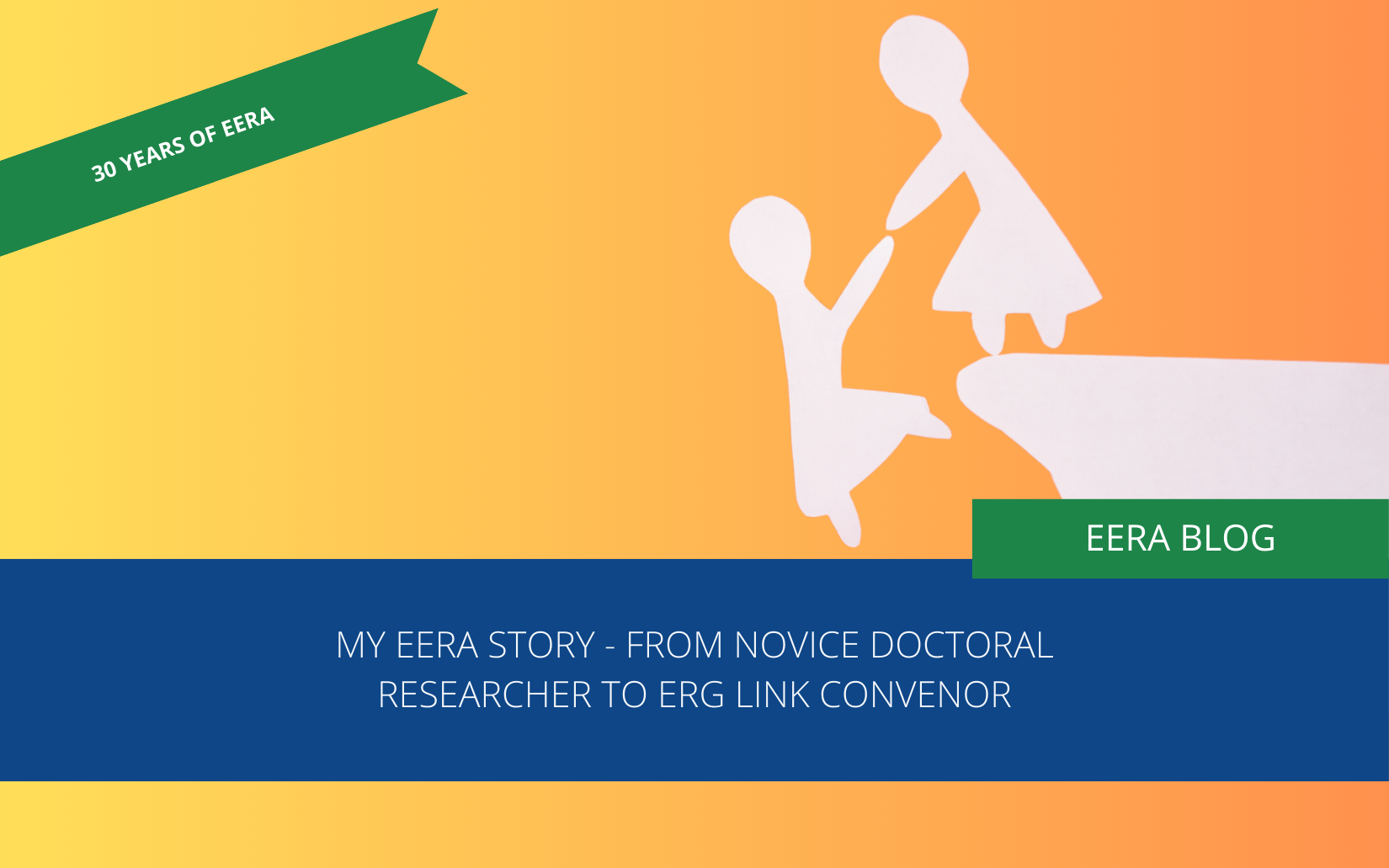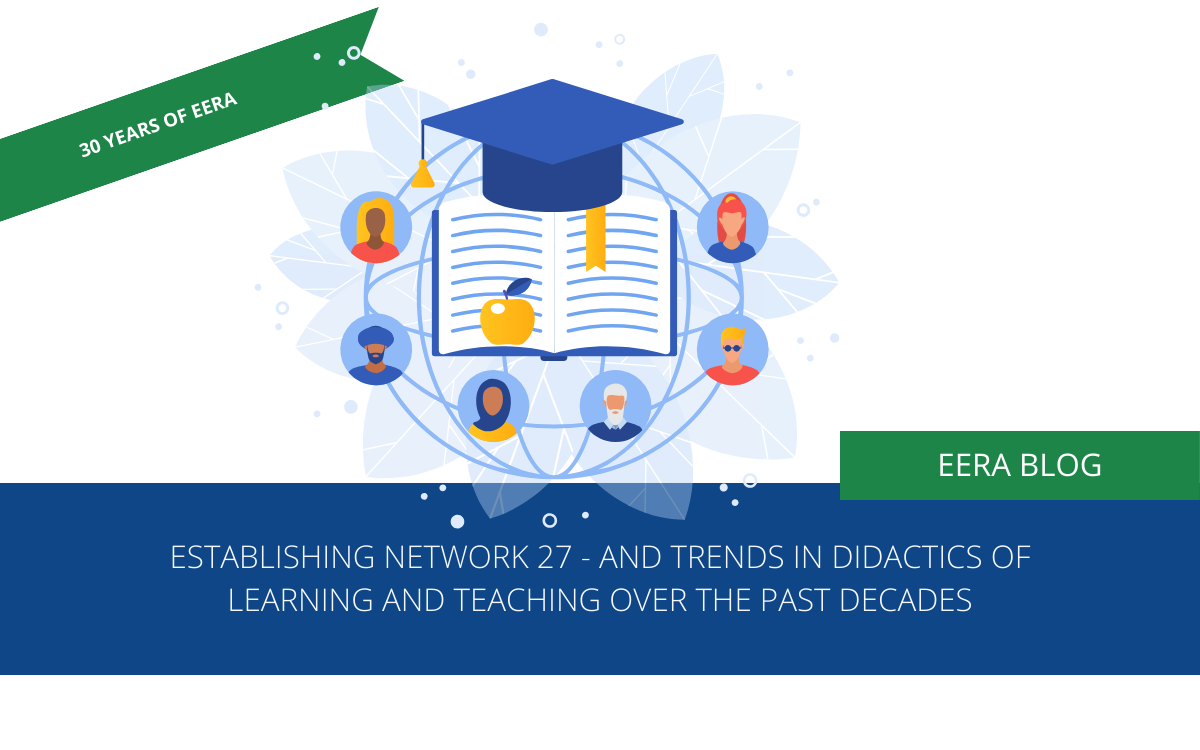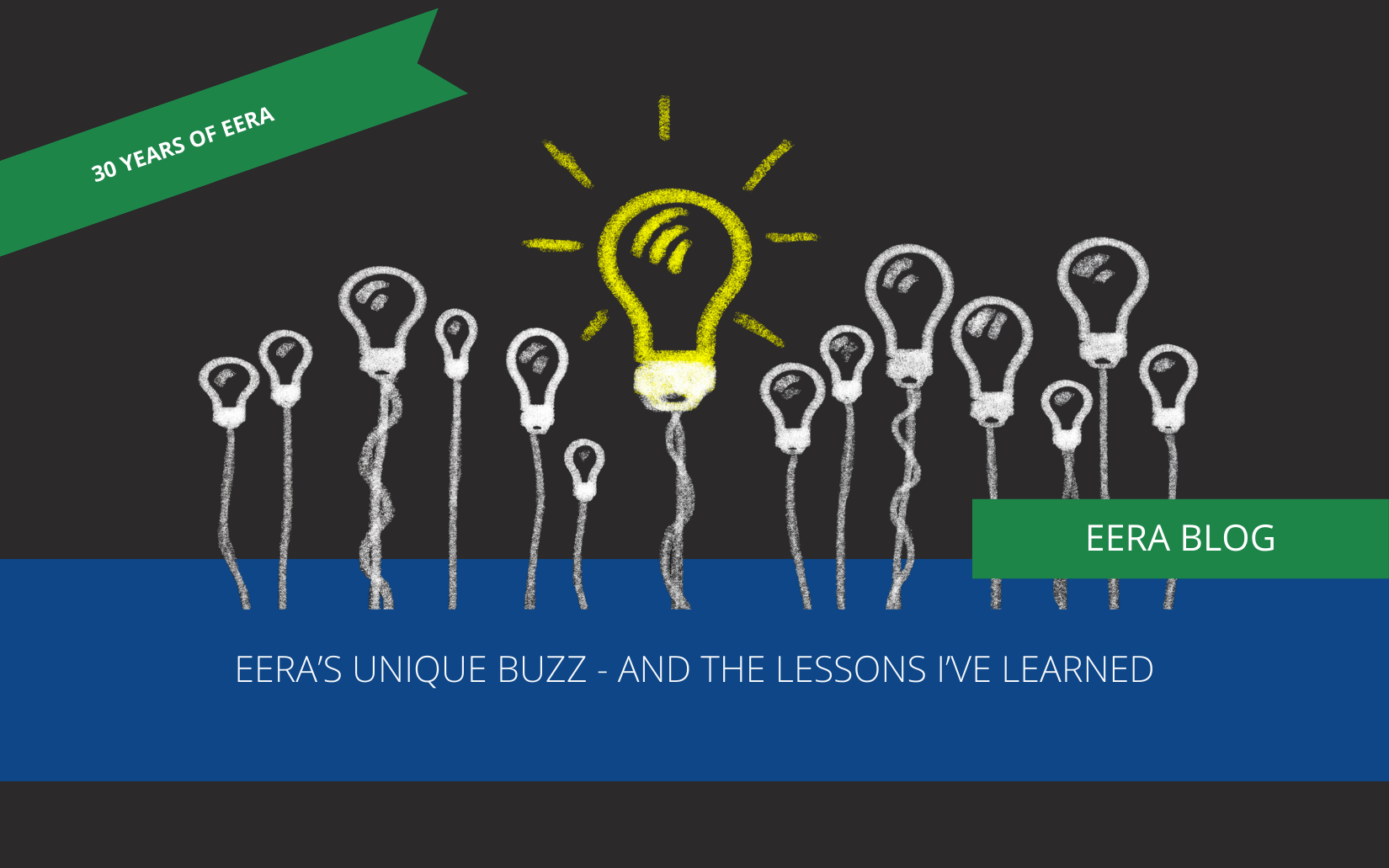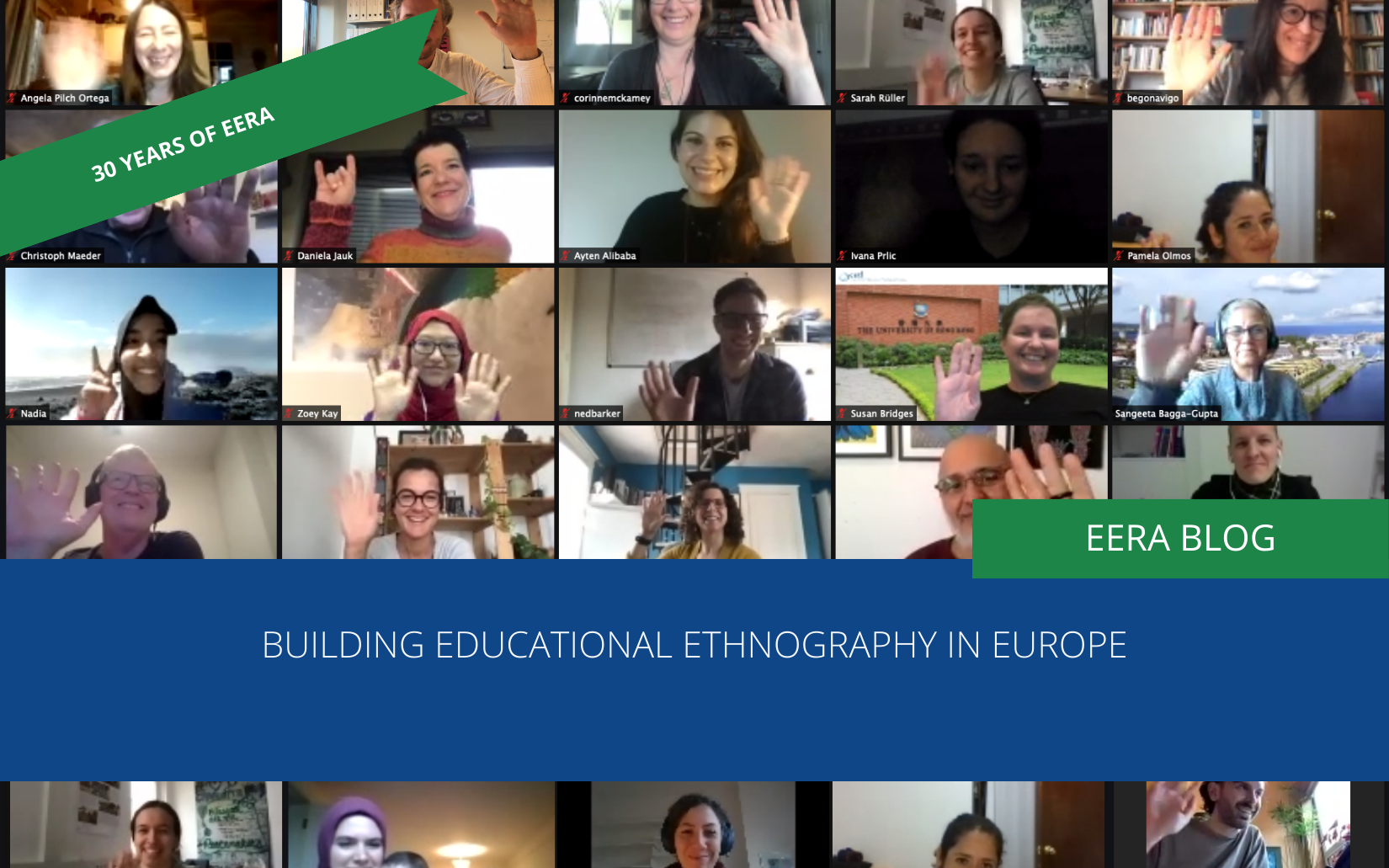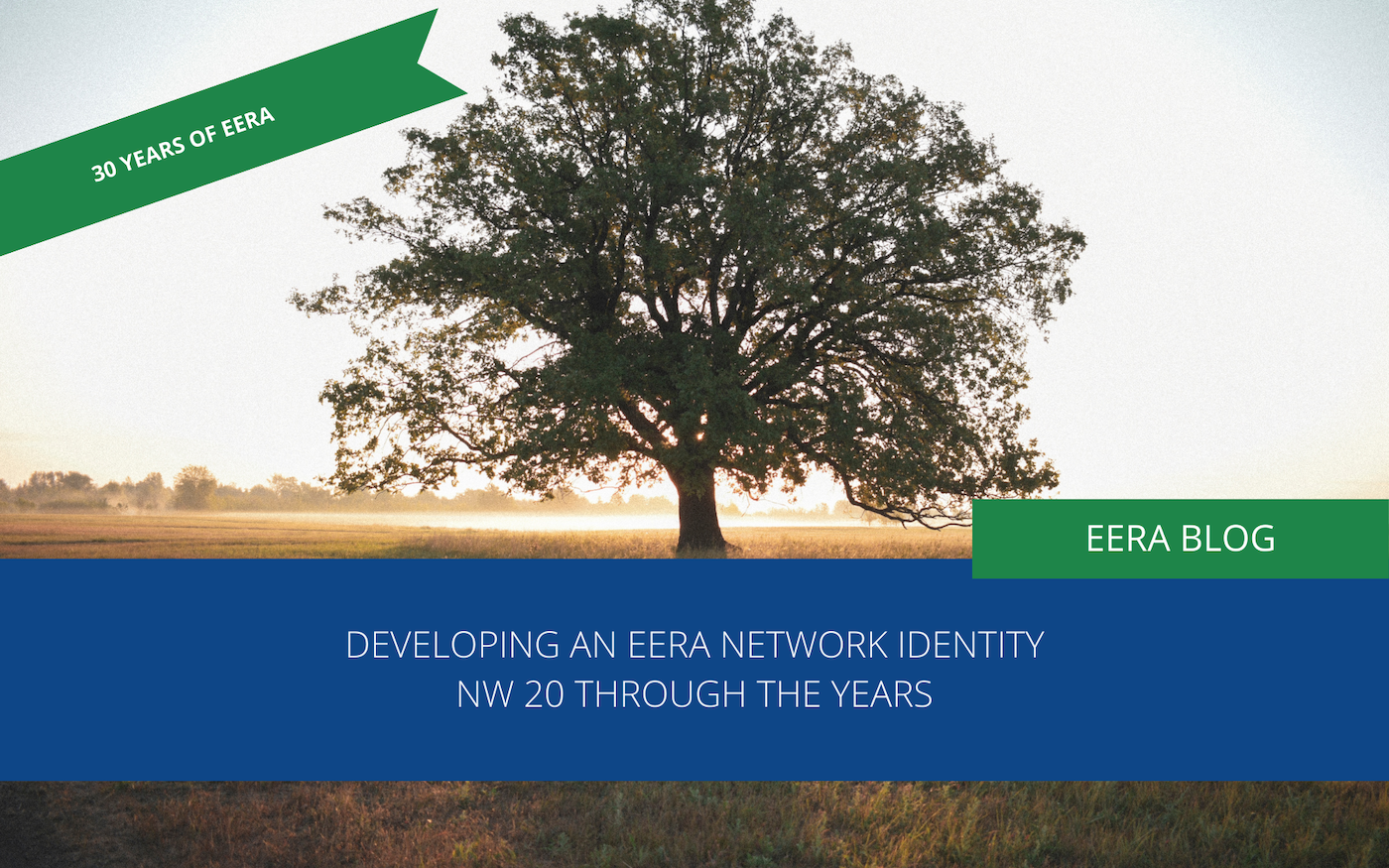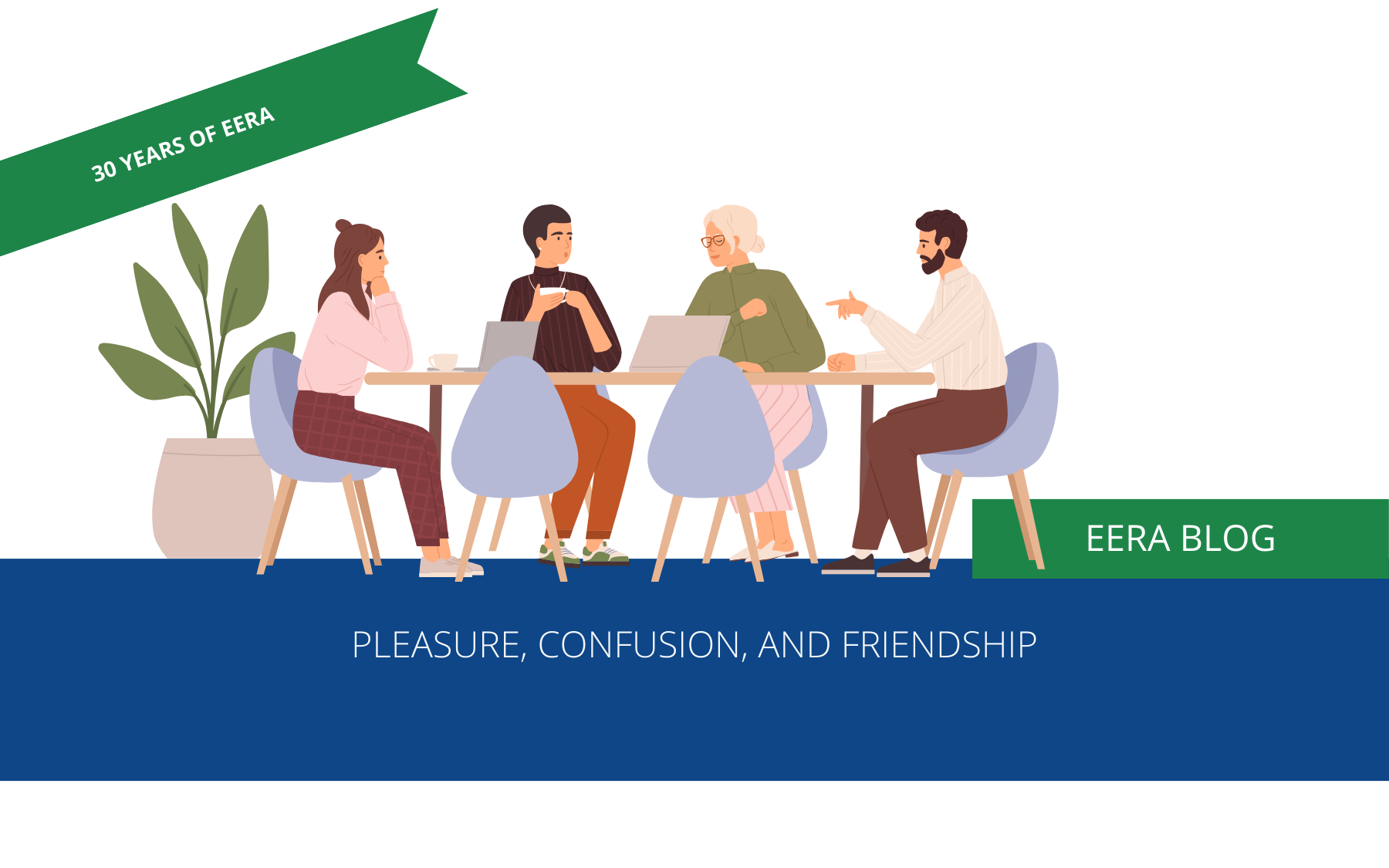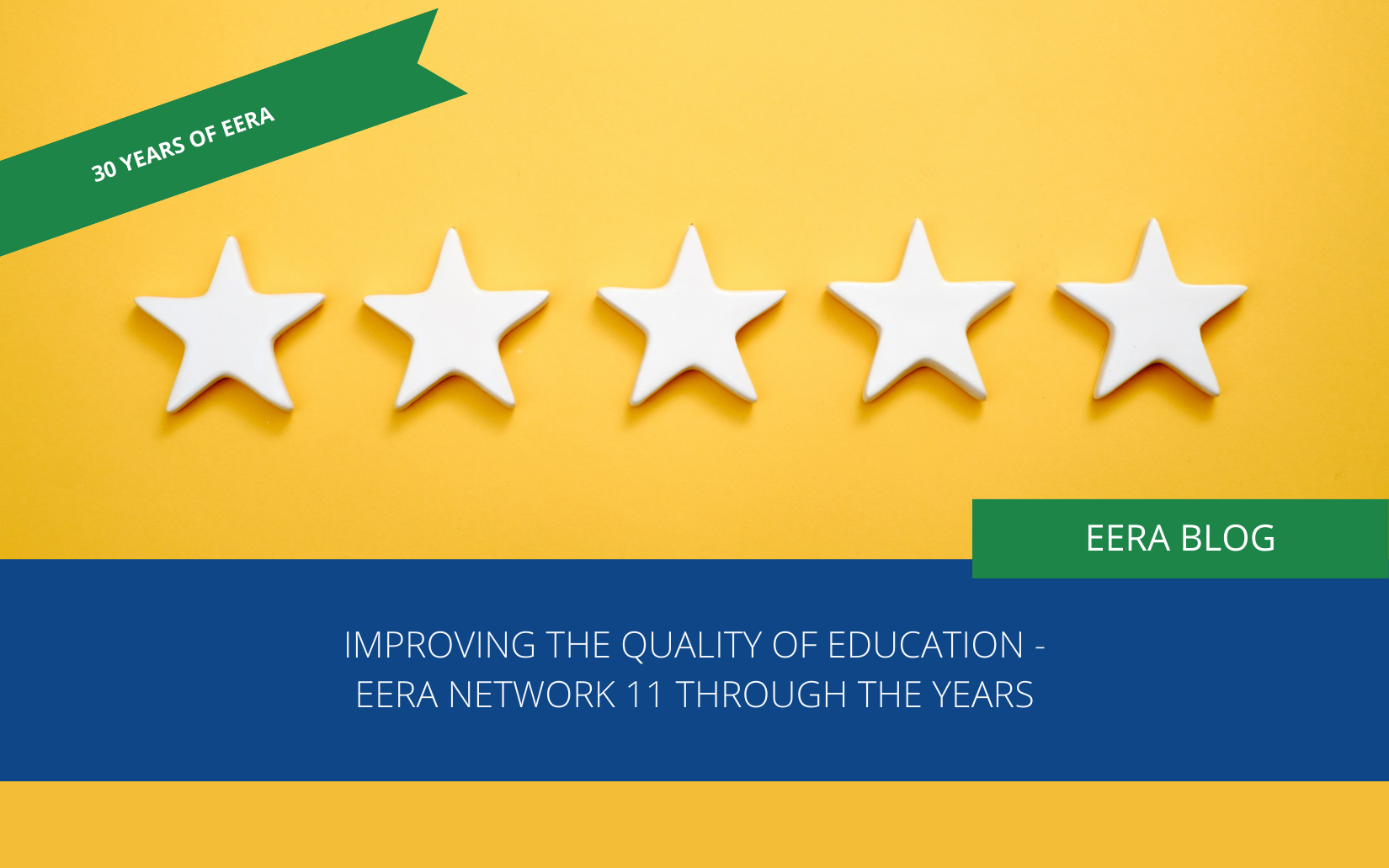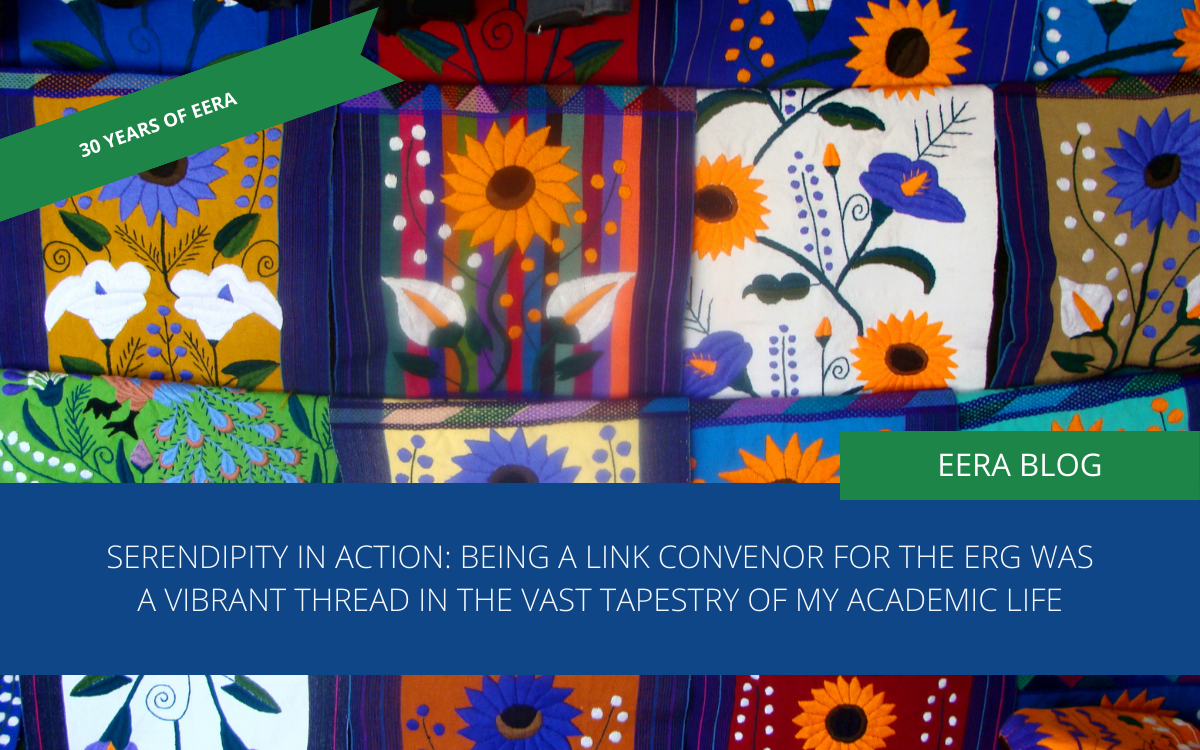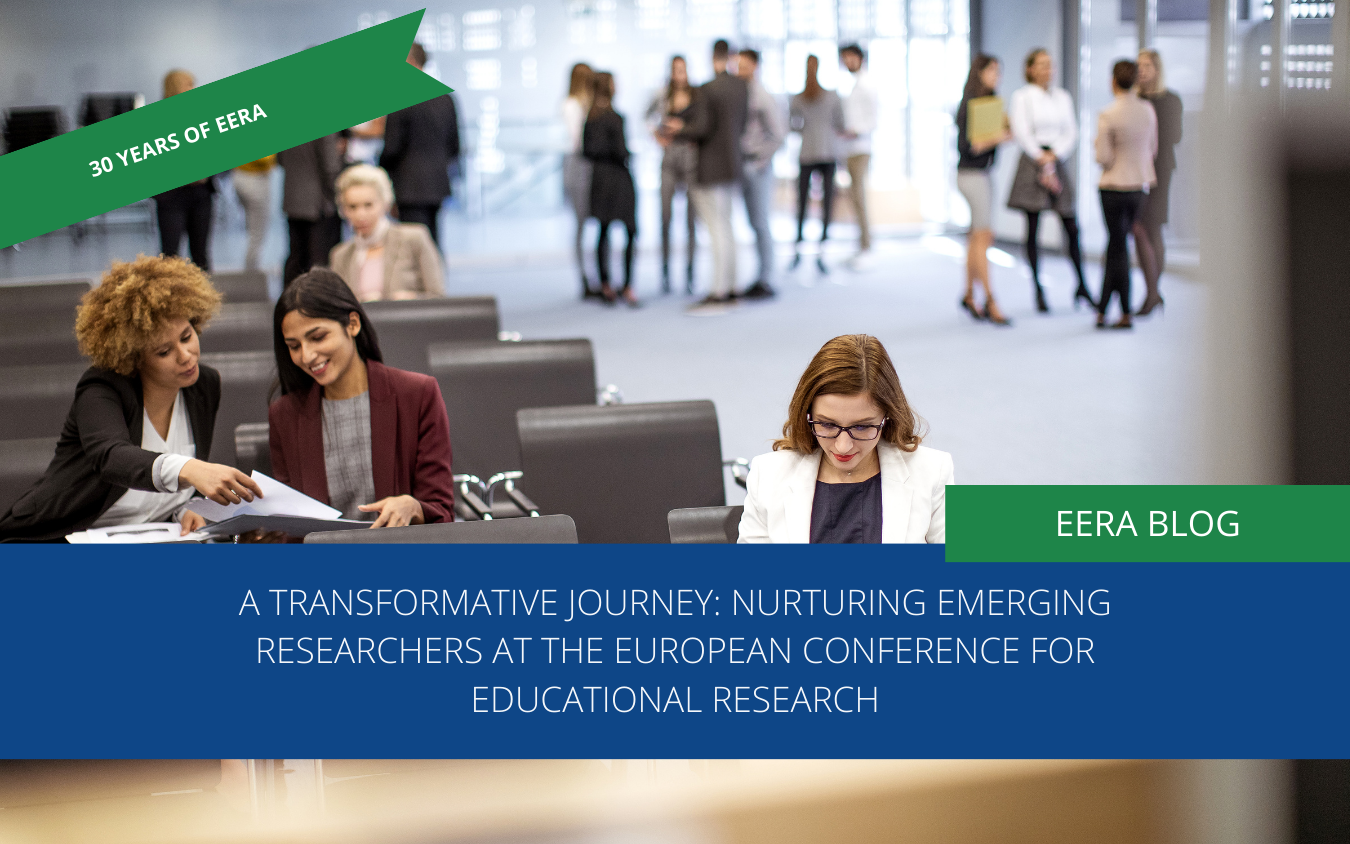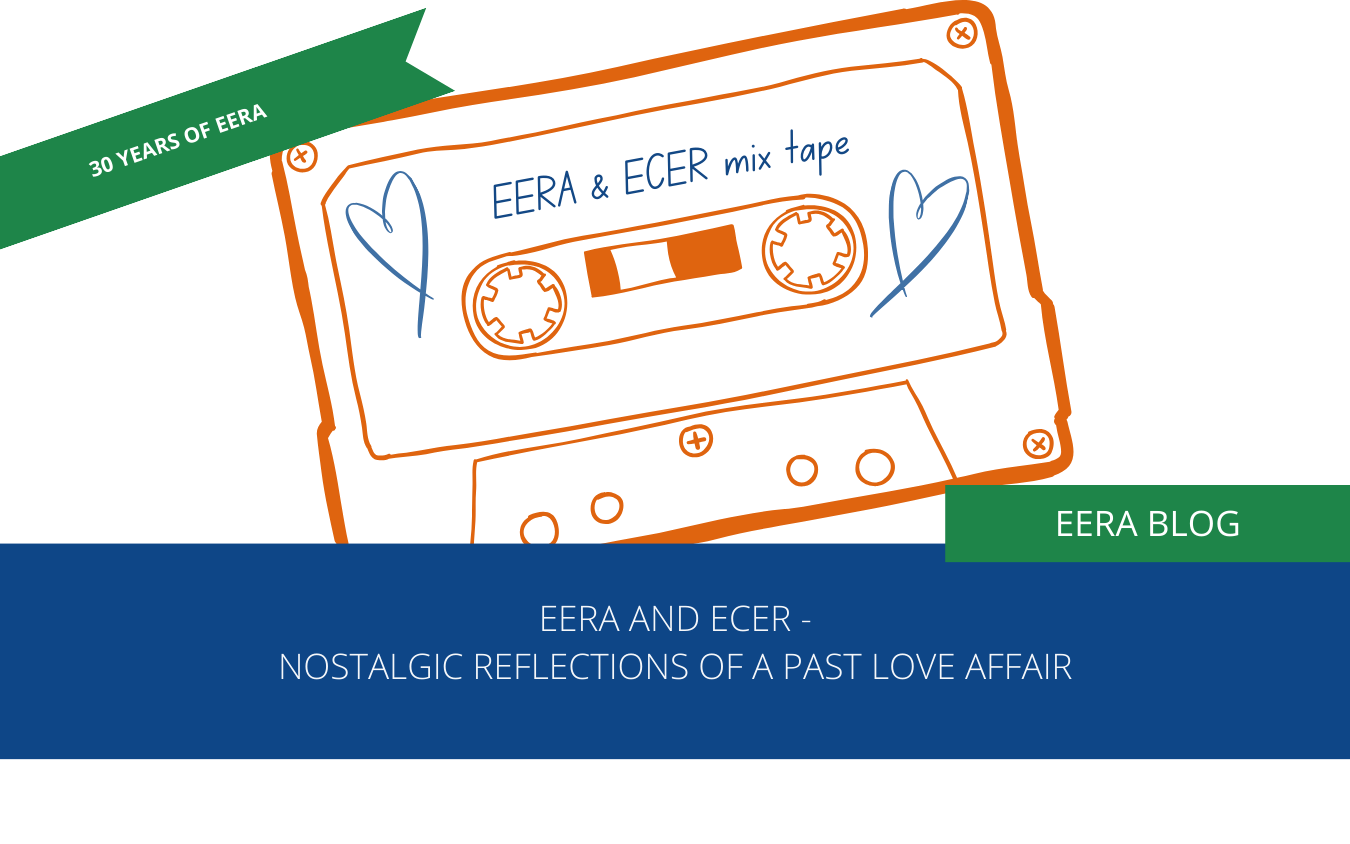EERA is celebrating 30 years in 2024, and as part of our anniversary celebrations, we have invited people who have been at the heart of the association to share their memories and reflections. In a series of blog posts, which will run throughout 2024, we will share those precious memories, from the people who helped foster the global EERA community.
Professor Venka Simovska, the first link-convenor of Network 8, Health and Wellbeing Education, and co-author of an EERA / Springer publication on wellbeing and schooling, thinks back on her years with EERA, the role of Network 8, and the new phase that EERA is entering.
As we mark the 30th Anniversary of the European Educational Research Association (EERA), I reflect on the incredible journey since the establishment of Network 8, Health and Wellbeing Education, in 2010. As the first link-convenor of this network in the period 2010-2017, and a member of the convenor group since then, my experience has been both fulfilling and transformative, providing me with unique insights into the role that EERA plays in shaping the landscape of educational research and the community of educational researchers.
Acknowledging the profound influence of education on the development and wellbeing of children and young people, and recognizing the interconnectedness between education and wellbeing, Network 8 was established to serve as a platform for researchers to engage in examining the complexities, tensions and ambiguities associated with health and wellbeing in schools. Our open and inclusive approach to research acts as a catalyst for collaboration crossing different disciplines and research paradigms, fostering critical examination of various conceptualizations, theoretical framings, and research methodologies related to school-based health and wellbeing.
I have vivid memories of ECER in Berlin in 2011 where Network 8 had its first slot in the conference agenda. The invigorating atmosphere of that conference has stayed with me throughout the past years and, remarkably, has even intensified in subsequent conferences. Year by year, I have had the pleasure of reconnecting with colleagues from Europe and beyond and creating new connections in this dynamic academic community. Another strong trace in my reflections is ECER in Budapest in 2015, marked by the refugee crisis in Europe, and the sense of solidarity and activism that the EERA community demonstrated. Fast forward to ECER 2021, the landscape shifted dramatically as the conference was held online due to the global COVID-19 pandemic. Despite the physical disconnect, the virtual setting provided a meaningful platform for researchers to stay connected during extraordinary times.
The following year, in a transition from the purely virtual experience, ECER 2022 was organized as a hybrid format. We were presented with the option to either travel to Yerevan or participate remotely. Carole Faucher, a distinguished member of the convenor group for Network 8, delivered a keynote in Yerevan. Her presentation addressed the global-local dichotomy in knowledge production, a topic that is a central focus of our network’s interests, and a theme we are dedicated to strengthening in the future. Finally, ECER 2023, hosted by the University of Glasgow, emerged as a milestone with a record-breaking number of participants. This resonated not only within Network 8 but across all EERA networks, highlighting the indispensable role of this research community on a global scale. In my view, this record-setting conference, as well as the evolving nature of ECER conferences, from the challenges of the refugee crisis to the adaptability demanded by a global health pandemic, underscores the resilience of the EERA community and its dedication to advancing research in the field of education.
Furthermore, EERA’s commitment to developing educational research is distinct in its support and nurturing of more than 30 thematic research networks like Network 8. This not only enhances the quality and diversity of educational research but also contributes to the professional development of researchers at various stages of their careers. By prioritizing both established thematic networks and the promotion of emerging scholars, EERA contributes to the vitality, capacity, and quality of educational research in times marked by neoliberal societal tendencies that can be inhospitable to research in humanities and social sciences.
Through its engagement in ECER, Network 8 has contributed to shaping fresh research agendas and fostering research cooperation. One significant outcome is manifested in the partnership with the Emerald Journal Health Education, resulting in several special issues portraying the state-of-the-art research in the field. One of the most recent collaborative research outcomes is the publication of the book “Wellbeing and Schooling: Cross-Cultural and Cross-Disciplinary Perspectives” in 2022 within the EERA Book Series by Springer. Co-edited by Ros McLellan, Carole Faucher, and myself, and with contributions from about 20 scholars from the network, this book revisits, challenges, and rearticulates taken-for-granted wellbeing conceptualizations, policies, and intervention frameworks.
As I turn towards the future, reflecting on the challenges Network 8 has confronted and navigated over the years, in the domains of reviewing, publishing, presenting, and debating research—a clear appeal emerges for EERA to strengthen its commitment to explicit acknowledgement and incorporation of diverse ethico-onto-epistemologies in the research presented at ECER and other EERA practices. The historical influence of Eurocentrism, rooted in the dominance of Western perspectives, has shaped the trajectory of academic research, often marginalizing non-European ways of knowing. By embracing a broader spectrum of cultural, social, and indigenous knowledge systems, EERA can not only enhance the quality and relevance of research but also contribute to challenging entrenched power imbalances within academia. This is not just a matter of intellectual diversity; it is a dedication to fostering a truly pluralistic and democratic scholarly landscape.
Marking three decades of existence, EERA is now entering a new phase characterized by maturity, resilience, accumulated experience, and a strong sense of community. As we celebrate this milestone, I am confident that EERA can be at the forefront of cultivating a research environment where diverse epistemological, ontological, methodological, and ethical perspectives are not only recognized but also celebrated, contributing to knowledges that reflects the richness of our global intellectual heritage. In embracing this transformative shift, collectively we can set the stage for a future where academic discourse is genuinely reflective of our complex, diverse and interconnected world.
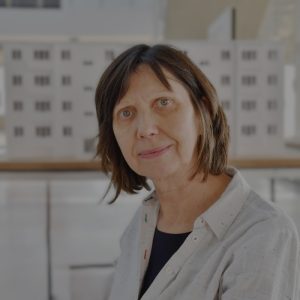
Professor Venka Simovska
Danish School of Education, Aarhus University, Copenhagen
Venka Simovska is a Professor in School Development, Learning, and Wellbeing at the Danish School of Education (DPU), Aarhus University, located in Copenhagen, Denmark. Her research interests lie at the intersection of educational theory, psychology, and health and wellbeing promotion in schools.
Simovska‘s scholarly work is characterized by qualitative and plural research methodologies, embracing interpretive and (post)critical paradigms. She is currently leading a research project funded by the Independent Research Fund Denmark (DFF), titled: “Paradoxes of Learning to be Well: Re-examining the Curriculization of Wellbeing” The project critically examines wellbeing discourses and practices in primary and lower secondary schools in Denmark.
In addition to her research, Simovska has recently co-edited the book “Wellbeing and Schooling: Cross-Cultural and Cross-Disciplinary Perspectives” alongside Ros McLellan and Carole Faucher. This publication is part of the EERA Book Series – Transdisciplinary Perspectives in Educational Research published by Springer.

